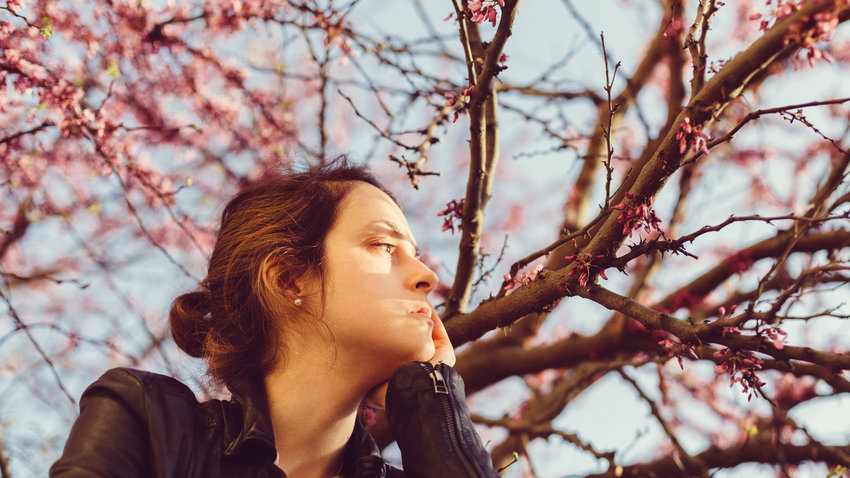Why Do I Feel Depressed When the Sun is Shining?
Mar 9, 2017


Philippa Perry
Mar 9, 2017
- We know that bad weather can bring our mood down
- But what can we do if we still feel depressed when the sun is shining?
- If you are struggling with depression, find a therapist here
A feeling we cannot make any sense of, cannot connect up in any way, can discombobulate us especially if we've forgotten or disassociated from the root of it and are only left with the feeling of it, so it's left there, plaguing us, free-floating, untethered, unconnected, ready to bump into us at any time. And when it does bump into us, it brings its lens of doom, colouring everything in one-note grey and even the sun cannot pierce through it no matter how brightly it might be shining.
We may be able to smile and talk in this condition and put on a good show of being okay, but a part of us cannot be reached and is heavy and lonely within us and not able to connect; not with people, not with our own experience, and not with our surroundings, not even the sunshine.
The original damage that causes this periodic grey-fogged prison may be lost, only the emotions of it linger. Sometimes the cloud passes and we can be equally puzzled as to why we feel good as to why we felt awful. Then sometimes without warning it drops back again, upsetting us again; how long will it be this time? Sometimes, when it begins to lift, the sufferer is in the greatest danger from it as only then do they have the energy to end their lives to prevent the feeling ever coming back.
Our lives do consist of experiences and we link the experiences to make a narrative and meaning out of them. The stories and sense of our experience we make when our mood is low, if we connect them up at all, are liable to be one note: attacking, pessimistic and possibly vicious.
So what are we supposed to do about it?
We can wait for it to pass. The body does get tired of being so one-note after a while and it will go. Will it go after an hour, a week, a year? Will it come back? There is not a reliable way of answering that.
We can take prescribed medication. Mood-altering drugs, unsurprisingly, do change how we feel; they may repress the pain; they can save lives. But there are side-effects and we need to be aware if we dull one emotion, we are likely to dull them all. However, flat is better than dead.
We can force ourselves, however disinclined we feel, to eat well, to exercise regularly, to get out into the daylight. We can also force ourselves to put aside our social masks and talk. This is hard because more than a dismissive response or advice, more that being told that spring has come and the sun is shining, what we need is listening to, we need to be heard, we need to know we have been understood and taken seriously and held in mind.
Another thing we can do is face the original damage, the source of the pain. Sometimes this is given the metaphor of facing our demons, looking them in the eye. We can look at the sense and the meanings we habitually make of our experience and wonder if there could be a different self-narrative, a new way of joining the dots. It can be frightening, even re-traumatising to unpack damaging formative experience, but reliving that pain may, although there are no guarantees, lessen ongoing suffering.
In my experience whatever we do or do not do about depression it does no harm to give ourselves permission to embrace who we are with all our faults, uncertainties and moods because this is much better than feeling terrible about being who we are not.

Philippa Perry
Read further
